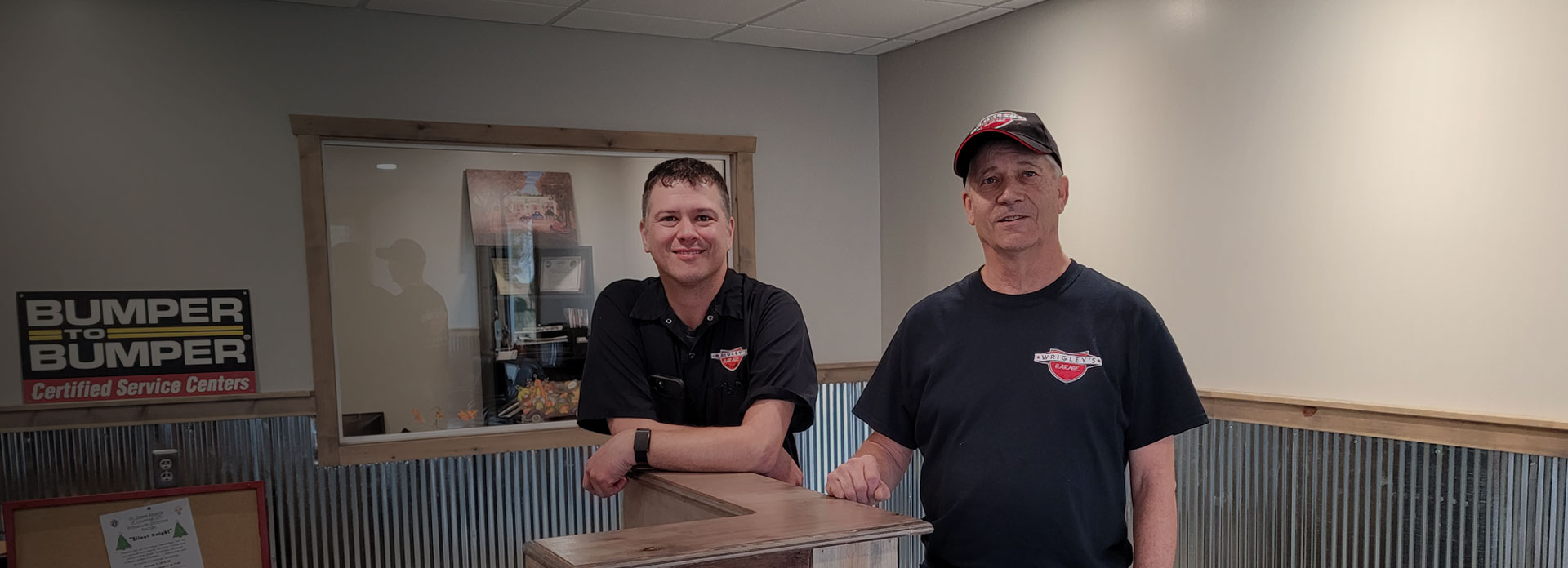
Cold Weather FAQ's
WHY WON'T MY CAR START IN COLD WEATHER?
There are several reasons why a vehicle may have difficulty starting in cold weather:
- Battery Issues: Cold temperatures can reduce the efficiency of the battery. In colder weather, a weak or old battery may struggle to provide enough power to start the engine.
- Oil Viscosity: Cold weather can cause the engine oil to become thicker, making it more difficult for the engine to turn over. Using the correct viscosity oil for colder temperatures can help.
- Fuel System Issues: Cold temperatures can affect the fuel system, causing fuel to evaporate more slowly. This can result in a leaner fuel mixture, making it harder for the engine to start.
- Ignition Problems: Cold weather can expose issues with the ignition system. Faulty spark plugs, ignition coils, or other ignition components may lead to starting problems.
- Starter Motor Issues: The starter motor is responsible for turning the engine over. Cold temperatures can increase the load on the starter motor, and if it's faulty or worn out, it may struggle to start the engine.
- Air Intake Issues: Cold weather can lead to problems with the air intake system. Issues like a clogged air filter or problems with the mass airflow sensor can affect the air-fuel mixture, impacting starting.
- Frozen Fuel Lines: In extremely cold temperatures, condensation in the fuel lines can freeze, preventing fuel from reaching the engine.
To address these issues, you may want to:
- Ensure your battery is in good condition.
- Use the recommended oil viscosity for colder temperatures.
- Keep the fuel tank relatively full to minimize condensation.
- Have the ignition system and starter motor checked.
- Consider using a block heater in extremely cold climates.
If the issue persists, it's advisable to have a professional mechanic diagnose and address the specific problem with your vehicle.

OUR REVIEWS

 Excellent Experience!
Excellent Experience!Ann C.Always have wonderful experiences with each visit! The whole team is top-notch! Highly recommended!!















